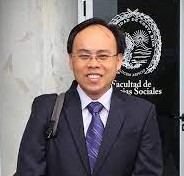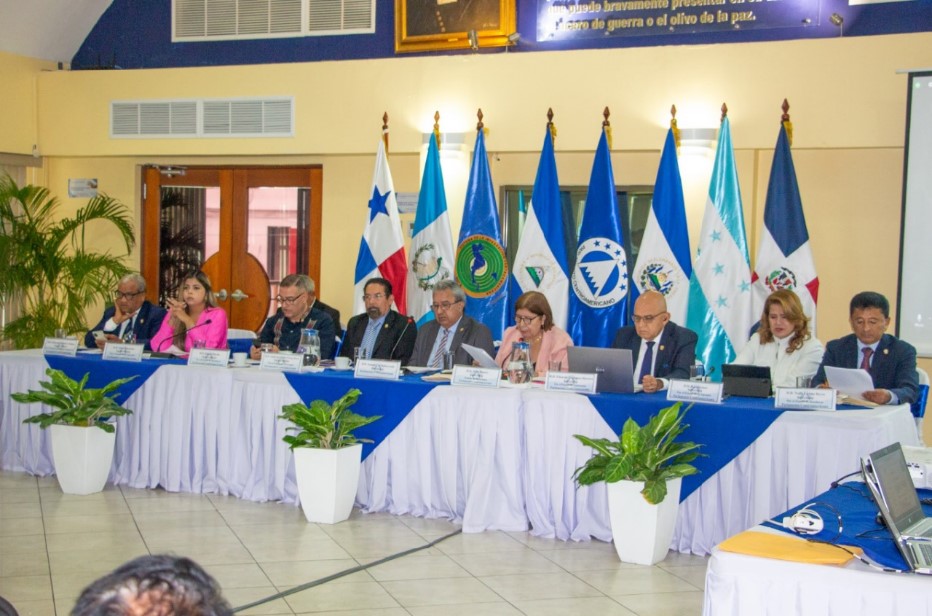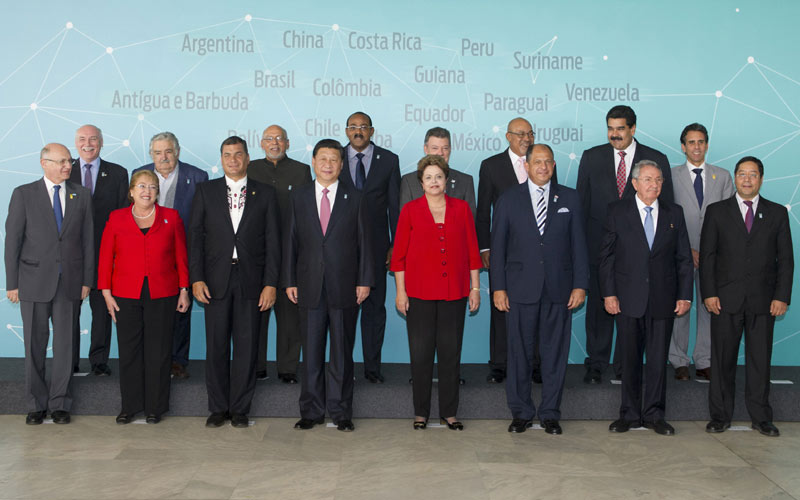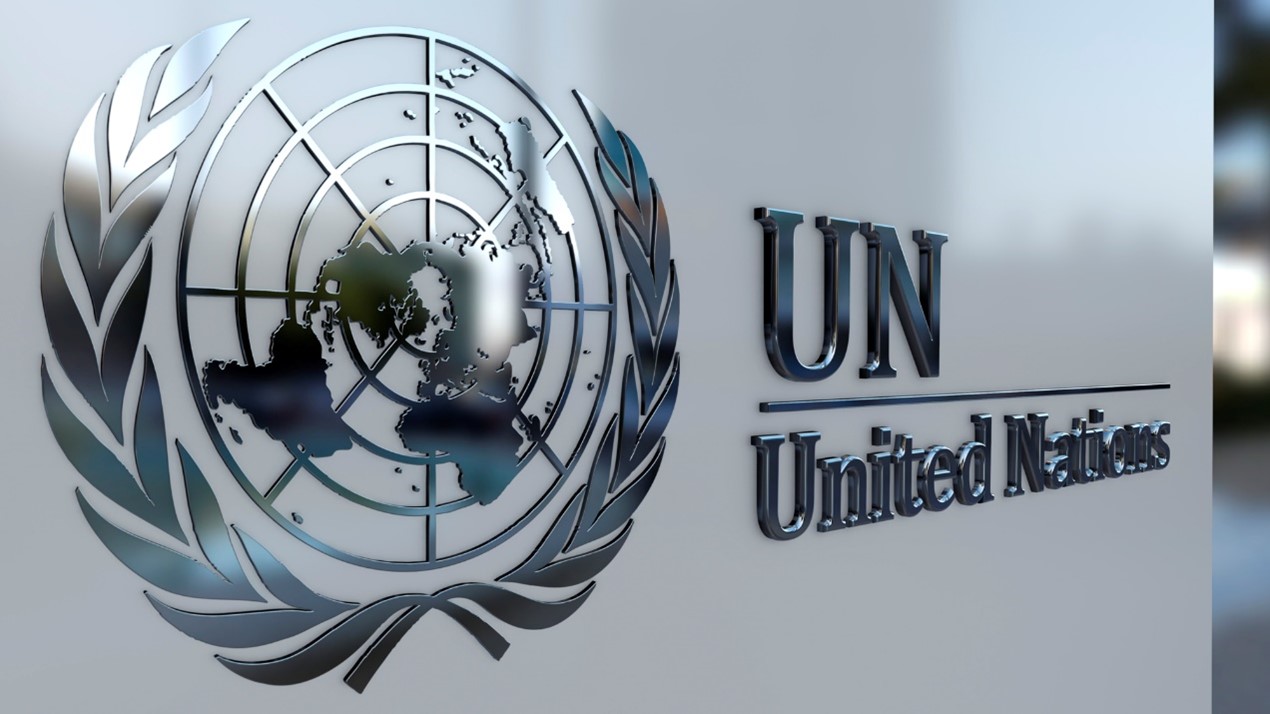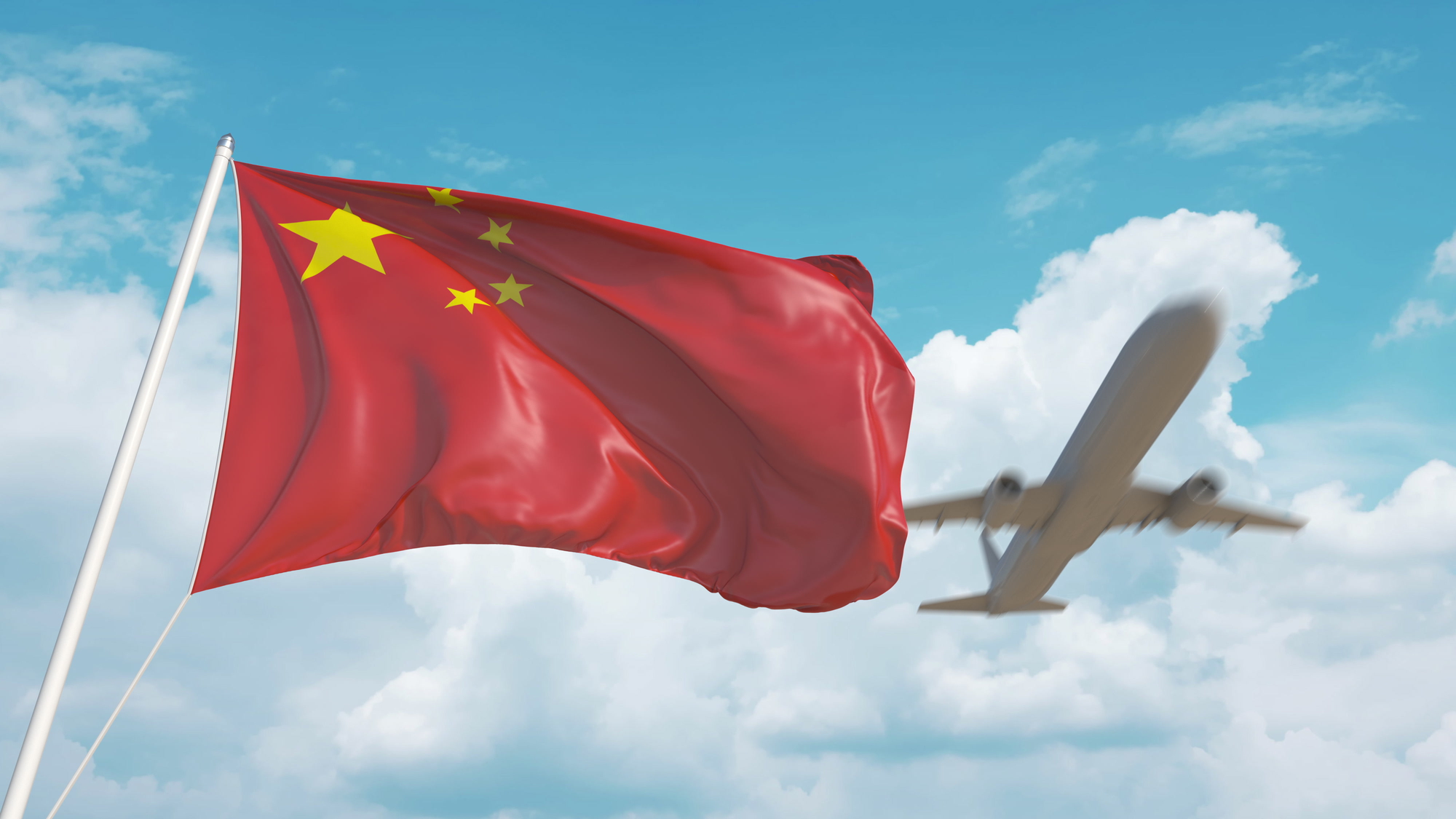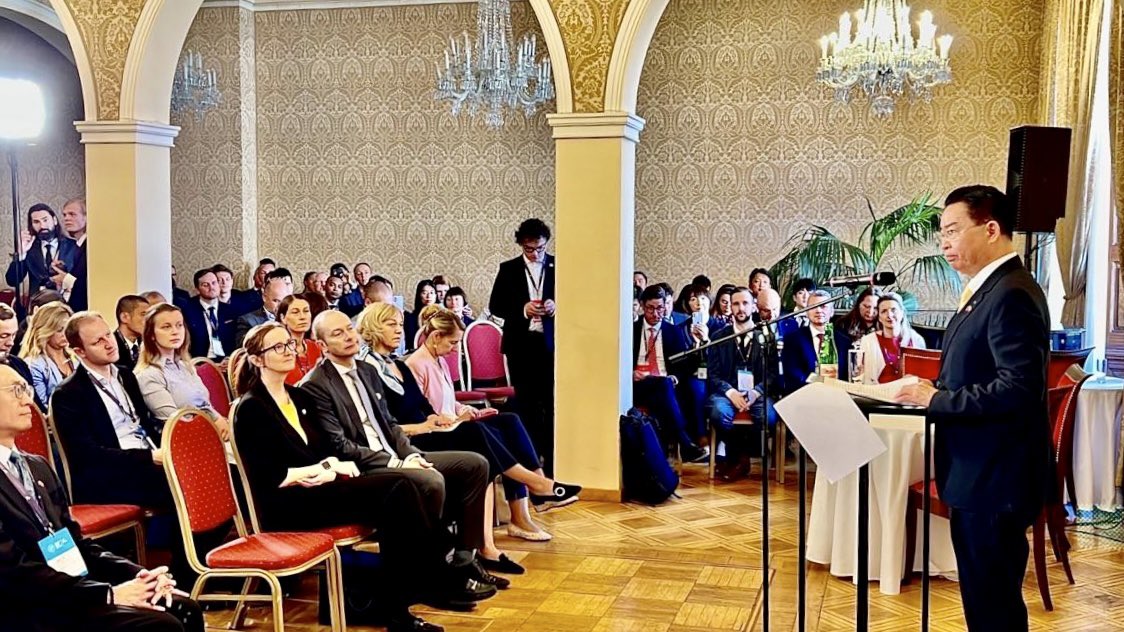The main impact of Taiwan’s withdrawal from the PARLACEN is that it will be more difficult for Taiwan to participate in international affairs. Such difficulty is related to China’s use of UN Resolution 2758 to “delegitimize” Taiwan’s sovereignty and the rising cost of Taiwan’s international participation. Picture source: PARLACEN, “Pleno aprobó el ingreso de la República Popular China como Observador Permanente del PARLACEN,” August 22, 2023, Facebook, https://www.facebook.com/photo?fbid=681573503995390&set=pb.100064282405577.-2207520000.
Prospects & Perspectives No. 50
The Impact of Taiwan’s Withdrawal From the PARLACEN
By Yen-pin Su
On August 23, Taiwan withdrew from the Central American Parliament (PARLACEN) after the parliament passed a controversial proposal, in which the six-nation parliament, comprising the Dominican Republic, El Salvador, Guatemala, Honduras, Nicaragua, and Panama, met on August 21, passed a proposal with 73 votes in favor, 32 against, and nine abstentions, to replace Taiwan with China as an observer in the bloc. Citing United Nations Resolution 2758, the PARLACEN issued a statement indicating that the parliament deemed Taiwan a “province of mainland China, which disqualifies it from participating as an independent country.”
Taiwan’s Diplomacy in Central America
Formed in 1991 with its head office in Guatemala City, the PARLACEN is the parliamentary assembly of the Central American Integration System (SICA). It is composed of 120 deputies, with each member state electing 20 deputies. The former presidents, vice-presidents, and prime ministers of every member state are de jure deputies of the PARLACEN, and their term in the body begins from the end of their term in their home countries through the end of their successor’s term. In 1999, Taiwan was granted the status of permanent observer at the PARLACEN.
The proposal to expel Taiwan was proposed by the government of Nicaragua’s Daniel Ortega, which broke diplomatic ties with Taiwan in 2021. In Central America, Taiwan’s diplomacy has experienced headwinds since 2007, when Costa Rica broke diplomatic relations with Taiwan and turned to China. Panama, El Salvador, and Honduras switched diplomatic ties from Taiwan to China in 2017, 2018, and 2023, respectively, leaving Guatemala as the only PARLACEN member still recognizing Taiwan. Unsurprisingly, Nicaragua’s proposal was passed with strong support in the PARLACEN.
The Impact of Taiwan’s Withdrawal
The main impact of Taiwan’s withdrawal from the PARLACEN is that it will be more difficult for Taiwan to participate in international affairs. Such difficulty is related to China’s use of UN Resolution 2758 to “delegitimize” Taiwan’s sovereignty and the rising cost of Taiwan’s international participation. Adopted in 1971, Resolution 2758 relates solely to who represents the China seat at the United Nations, and it makes no confirmation that Taiwan is part of China nor does it authorize China to represent Taiwan in the UN system. Following the adoption of Resolution 2758, however, Taiwan’s membership in UN-related agencies was revoked during the 1970s and 1980s.
During the final weeks before the end of the Ma Ying-jeou administration in 2016, the World Health Organization (WHO) sent an invitation letter for Taiwan to participate in the annual World Health Assembly (WHA). Curiously, the letter included for the first time a direct reference to the fact that the participation of Taiwan was recognized “recalling the United Nations General Assembly Resolution 2758 and WHA Resolution 25.1, and in line with the One-China principle [sic] as reflected therein.” Since then, China has utilized Resolution 2758 more frequently to suppress Taiwan’s international space. From the inauguration of the Tsai Ing-wen administration in May 2016 to August 2023, nine countries broke ties with Taiwan. Resolution 2758 has been mentioned as the basis of the so-called “one China” principle in each joint communiqués on establishing diplomatic relations between China and these countries.
Taiwan’s withdrawal from the PARLACEN is the first case in which a China-aligned country, not China itself, proposed to expel Taiwan from an international organization since the adoption of Resolution 2758 in 1971. It is likely that China will keep using the strategy of asking its aligned countries to exclude Taiwan from other regional organizations, at least in Central America. Currently, Taiwan has full membership in the Central American Bank for Economic Integration (CABEI), and observer status for the SICA, the Central American Armed Forces Conference (CFAC), and the Forum of Presiding Officers of National Parliaments of Central America and the Caribbean (FOPREL). Whether a similar proposal to exclude Taiwan and include China would work in these organizations remains to be determined.
For instance, Taiwan has the strongest influence in the CABEI, where Taiwan is the largest stakeholder (approximately 11%). Unless China is willing to take over Taiwan’s stake, it is unlikely that Taiwan will be easily expelled from the CABEI. Moreover, excluding a country’s participation from the SICA requires a consensus vote. As long as Taiwan secures the support from its two diplomatic allies (Belize and Guatemala) in the SICA, its forced withdrawal will remain unlikely. However, because of the increasing pressure from China-aligned countries, the cost for Taiwan to remain in these regional organizations will likely increase.
What Should Taiwan Do Next?
Taiwan has been trying to deal with the problem of international isolation by itself and has sought international support. Since 2021, Joseph Wu, Taiwan’s Minister of Foreign Affairs, has written a series of op-eds in international media arguing that Resolution 2758 has nothing to do with the relationship between Taiwan and China. In July 2023, the United States House of Representatives passed the “Taiwan International Solidarity Act,” which states that Resolution 2758 “did not address the issue of representation of Taiwan and its people in the United Nations or any related organizations, nor did the resolution take a position on the relationship between the People's Republic of China and Taiwan or include any statement pertaining to Taiwan’s sovereignty.” The Act is to proceed to the U.S. Senate.
In addition to trying to debunk China’s misinterpretation of Resolution 2758, the Taiwanese government should focus its attention on international organizations where Taiwan’s status is highly precarious. For instance, China is more likely to undermine Taiwan’s participation in international organizations in which 1) Taiwan’s membership is under the name of the Republic of China or Taiwan, and 2) the U.S. and countries with diplomatic relations with Taiwan are absent. There are five such organizations out of the 45 international organizations in which Taiwan has full membership. Among these five organizations, Taiwan utilizes the name of the Republic of China to participate in the Asian Productivity Organization (APO), and the Asian Access to Information Alliance (AAIA). Moreover, Taiwan uses the name Taiwan to participate in the Food and Fertilizer Technology Center for the Asian and Pacific Region (FFTC), the Asia-Pacific Association of Agricultural Research Institutions (APAARI), and the International Council for Information Technology in Government Administration (ICA).
After Taiwan’s forced withdrawal from the PARLACEN, its international participation will be increasingly constrained due to China’s widespread use of misinterpreting the UN Resolution 2758. However, it is noteworthy that while Taiwan’s presence in the international arena matters, the international involvement that clearly signifies Taiwan’s sovereign statehood matters more. In this sense, the Taiwanese government must put greater effort into maintaining its diplomatic relations with countries that recognize Taiwan. While Taiwan has used awkward names such as “Chinese Taipei” or even “Taipei, China” to participate in international organizations for the sake of “flexibility,” the Taiwanese government should try its best to utilize the name of the Republic of China or Taiwan for its international participation.
(Dr. Su is Professor, Department of Political Science, National Chengchi University.)

